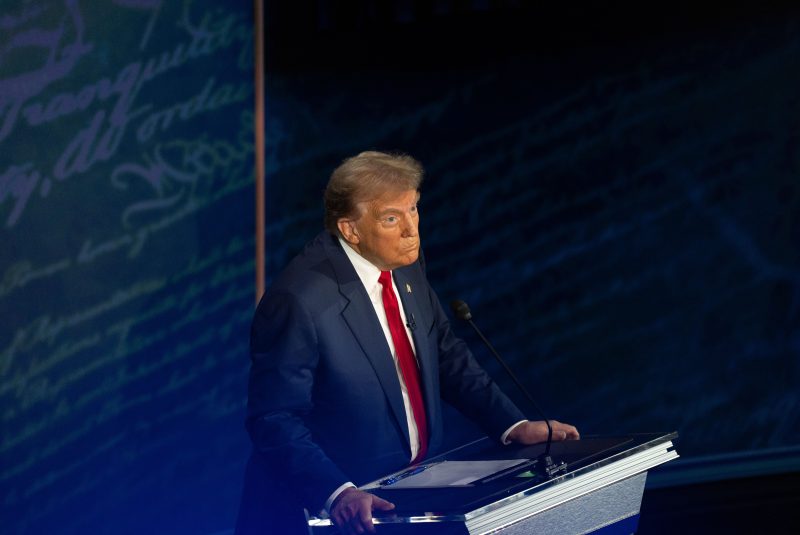In the age of instant news and social media, politicians strive to control their narratives with varying degrees of success. President Donald Trump was a prominent figure in this battleground, often engaging in a war of words against media outlets and fact-checkers. With the rise of real-time fact-checking during his presidency, Trump found himself facing heightened scrutiny and pushback from those seeking to hold him accountable for his statements.
Real-time fact-checking became a vital tool for combating misinformation and falsehoods in the fast-paced world of politics. At the forefront of this movement were organizations dedicated to verifying the accuracy of public statements, debates, and news reports in real-time. Such fact-checkers played a crucial role in providing the public with immediate access to the truth, offering a counterbalance to the spread of misleading information.
One notable example of Trump’s clash with real-time fact-checking occurred during his presidential debates and public appearances. As the commander-in-chief, Trump was known for making bold and controversial statements, some of which warranted immediate fact-checking and correction. Fact-checkers worked swiftly to evaluate the accuracy of Trump’s claims, providing viewers with accurate information to counter any falsehoods present in his statements.
Moreover, Trump’s use of social media as a platform for communication further fueled the battle against real-time fact-checking. His tweets often triggered fact-check responses due to their contentious nature or inaccuracies. This led to a persistent back-and-forth between Trump and fact-checkers as they sought to uphold the truth and combat the proliferation of misinformation on social media platforms.
Despite facing unprecedented challenges from real-time fact-checking efforts, Trump continued to assert his statements and dispute the credibility of fact-checkers. His resistance to correction and fact-based reporting underscored the ongoing struggle between preserving the integrity of information and defending personal narratives in the realm of politics.
In conclusion, the clash between Trump and real-time fact-checking exemplified the evolving landscape of information dissemination and accountability in modern politics. As public figures grapple with the repercussions of misinformation and the prevalence of fact-checking initiatives, the need for transparency, accuracy, and integrity in public discourse remains paramount. The dynamic interaction between politicians and fact-checkers reflects a broader societal shift toward upholding truth and accuracy in an era defined by the swift dissemination of information.

